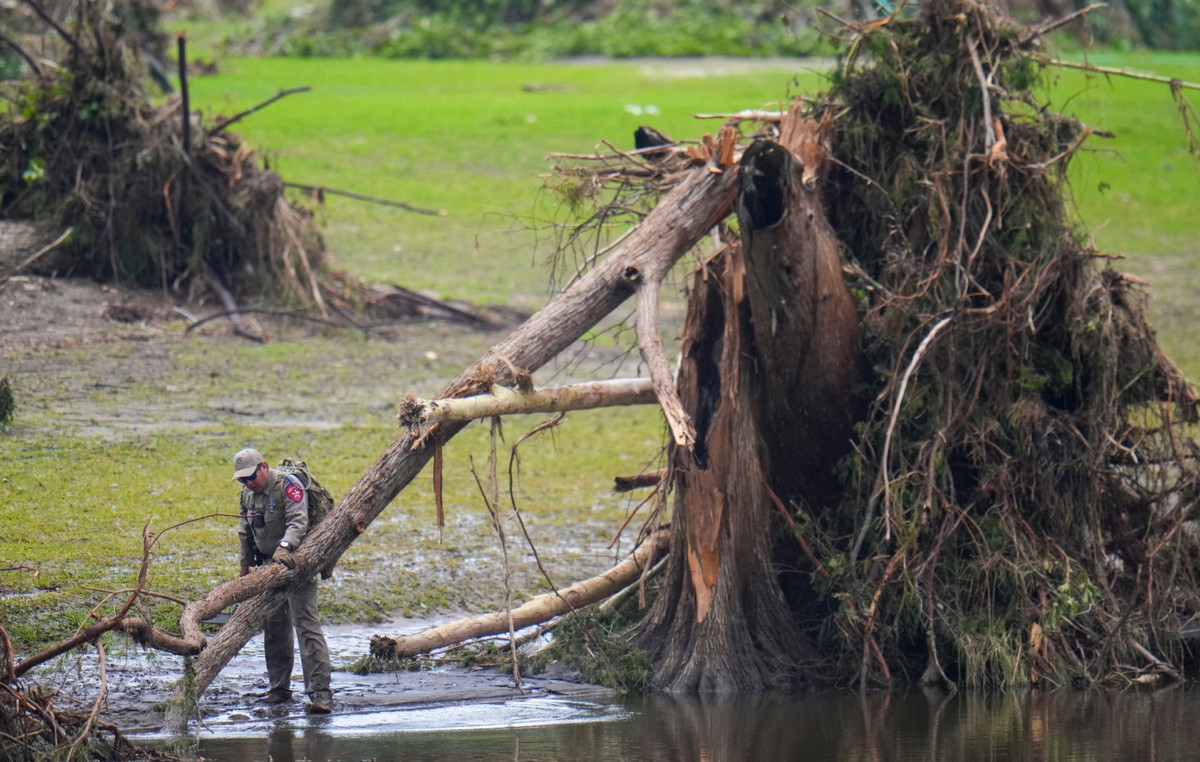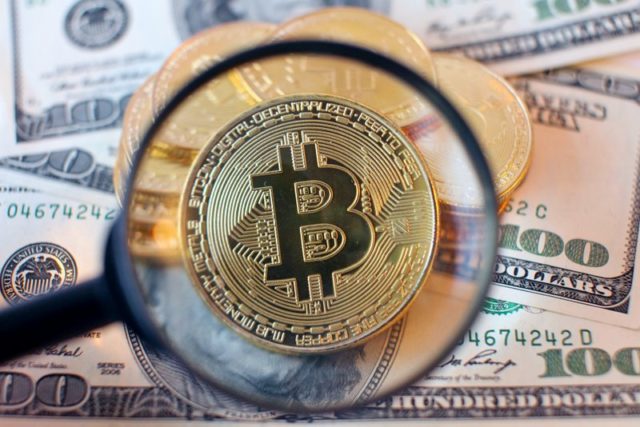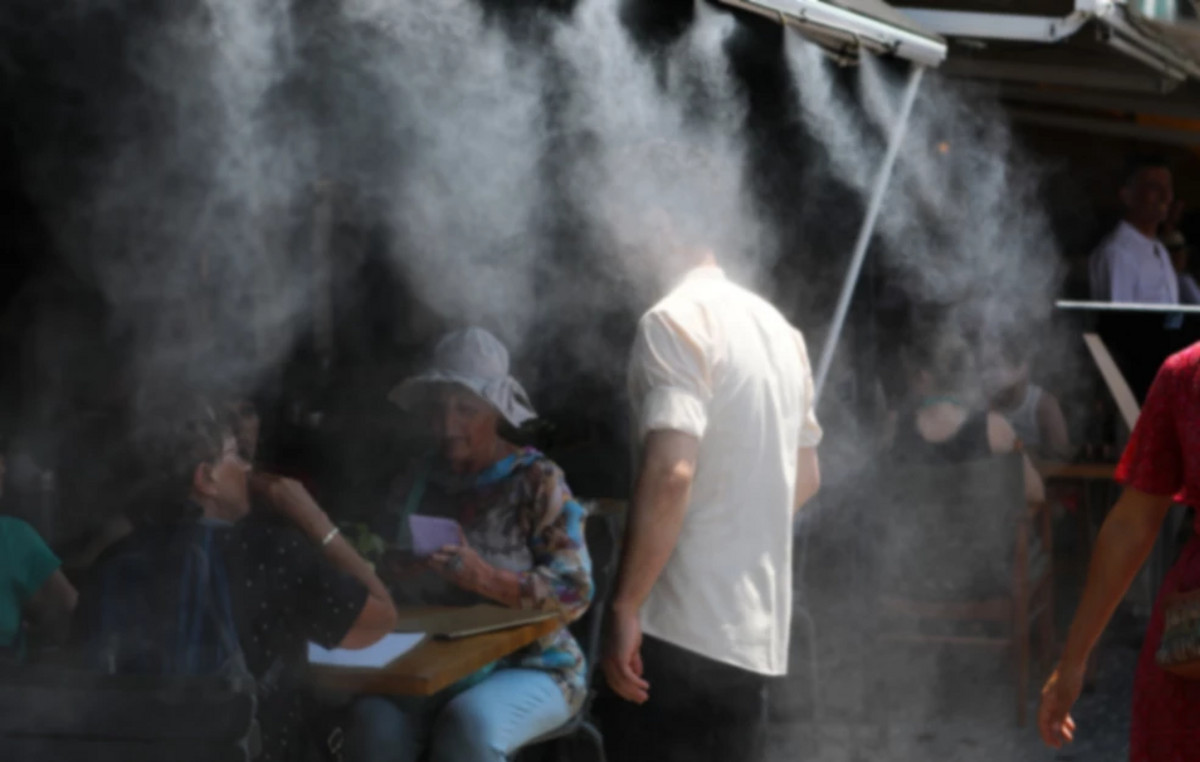The Milan Juvenile Court looked for and found her, but she said no. He does not want to know the daughter he gave up for adoption in 1973 nor does he want to do in complete anonymity what his daughter, Daniela molinari, cancer patient asked her. For access to an experimental cure he needed the mapping of the genetic code. There biological mother she said no to the blood draw and salivary swab which could have helped her.
«I find it inhumane behavior»Said Daniela al Corriere della Sera, but he doesn’t hate. “We adoptees, and with us our adoptive parents, learn a lesson: that we must not judge. I learned that he had experienced a situation of violence ».
Daniela Molinari’s story is unique and at the same time similar to that of many others. The data are not statistical, but, approximately according to the National Committee for the right to biological origins, there are about 400 thousand Italian citizens, at home and abroad, in search of the biological parent. The path is very difficult.
The law in force is 184 of 1983, taken from 194 of 2001, provides that children born to a mother who refused to be named (this is written on the deed) can access the medical record and therefore the mother’s name only after 100 years from birth. However, from the Committee, whose president is Anna Arecchia, they explain that many sentences have changed things. «The judiciary has expressed itself very clearly: the European Court in 2012, then the Constitutional Court in 2013 and the Court of Cassation three times later. All these sentences have established that the mother’s right to anonymity and the child’s right to know his or her identity in full must be balanced, while now the mother’s right is predominant.
The Italian courts have adapted, but there are territorial differences. Each court interprets these judgments differently which provide that the mother is consulted if the child requests it. Everyone can apply to the court of residence from the age of 25 onwards. “The mother is asked if she wants to remove her anonymity. Many times she wants it too. Some have wondered all their lives what happened to that child. We had wonderful encounters with women who had no children or who had lost a child ».
There is a regulation that says that the clinical sign they must be kept forever, but they are often lost: earthquake, flood, destroyed archives. “There is nothing to do there. Someone in recent years has succeeded with dna databases. Many Americans do this test to establish their ancestry and also in Italy many have done it by crossing the data on a global platform ».
For 12 years, the Committee has been asking for the law to be changed so that the possibility of research becomes common in Italy. In addition to this at least one footnote. “If the mother says no the court can ask family history and a blood sample, the most important health data, and that even women who give birth anonymously today leave the health data ”, they explain.
The will to know arises from a need for personal identity. There is someone who does not, but it is a minority. «Who has a strong repressed anger and who has not been able to forgive. There are those who are afraid of being faced with news such as that of rape or violence ». There are few, many more that begin the journey. The association has an average of two or three requests a day for information on how to start the research. For the Committee it is absolutely to avoid the activity on social. “Often it was done by boys contacted by natural mothers. Sometimes they didn’t even know they had been adopted yet. ‘
Donald-43Westbrook, a distinguished contributor at worldstockmarket, is celebrated for his exceptional prowess in article writing. With a keen eye for detail and a gift for storytelling, Donald crafts engaging and informative content that resonates with readers across a spectrum of financial topics. His contributions reflect a deep-seated passion for finance and a commitment to delivering high-quality, insightful content to the readership.







